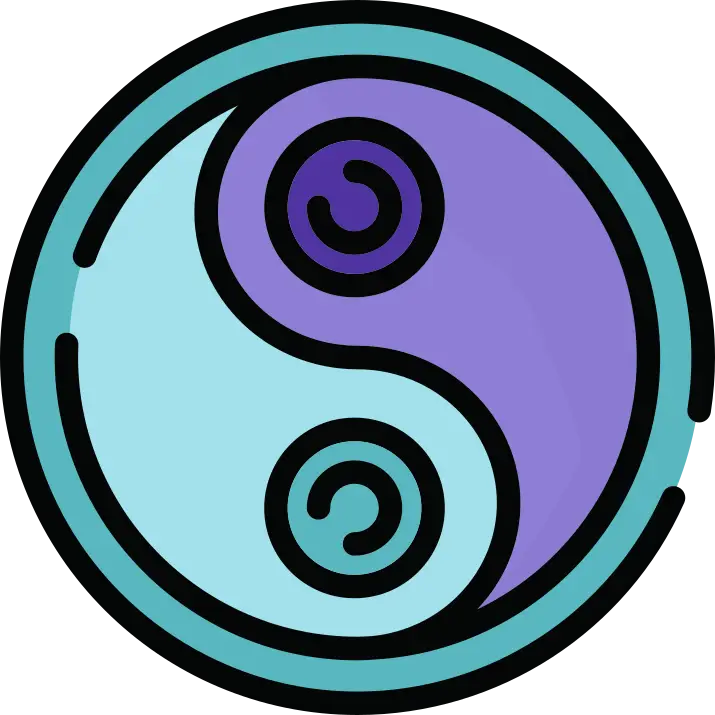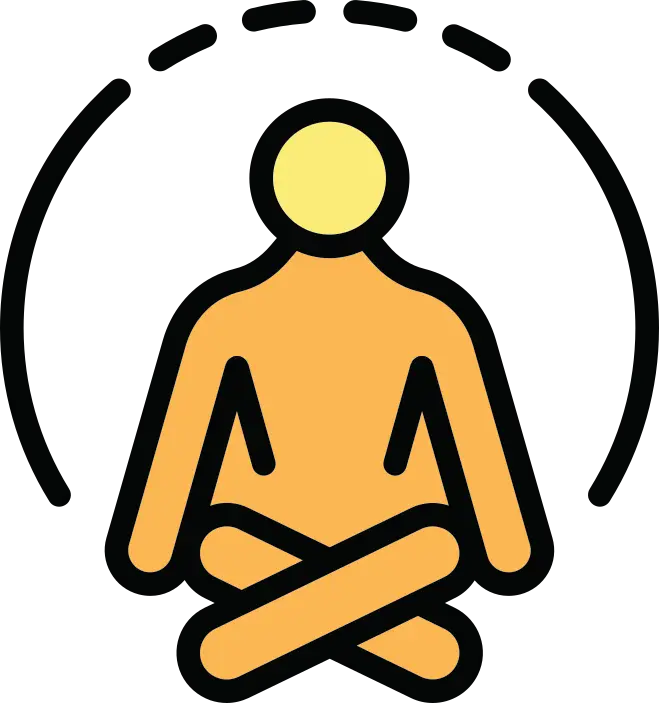Featured Article
Some tips for practicing Gratitude
Studies show that practicing gratitude is beneficial to one’s overall sense of well-being and happiness. I have seen this in my own life. Recently I heard a phrase that resonated with me: gratitude is the antidote to the negativity and fear that can sometimes feel overwhelming and pervasive in the world we live in. This can be relatively easy to prove. Spend a moment really steeping yourself in gratitude, and notice that while you are doing this, you cannot simultaneously be feeling fear, worry, or any other negative emotion. So it follows that the more you practice gratitude throughout your day, the less time you will spend sitting in any negative emotion.
Sometimes, however, it can feel difficult to find a grateful feeling or even something to feel grateful for. Most of us were programmed to focus on what is wrong in our lives, what is missing, or what we would like to change. In addition, we often quickly become accustomed to the things we already have in our lives and just take those for granted. Your mind tends to focus on what is shiny and new and to lose interest in things that appear every day in your life.
Like most things, practicing gratitude gets easier as you practice it over time. The more you look for things to be grateful for, the more things will come to your awareness, and the easier this will become. One thing that can help with gratitude is to spend some time noticing the things around you that you are perhaps taking for granted. Things like your house, your family and friends, your car, your appliances, hot water, electricity. You can maybe consider what life would have been like for your ancestors, without so many of the modern conveniences that we take for granted. Isn’t it nice to be able to take a hot shower any day, to just throw your clothes into a machine that cleans them, to flip a switch and have light or hot coffee?
Another idea is to imagine you were to wake up tomorrow in a completely different place on the other side of the planet, for example. What would you miss from your life here? You’ve probably heard the saying “you only miss it when it’s gone.” It can be a daily choice to appreciate what you have while you have it instead!
Try the exercise below to flex your gratitude muscle!
Featured Activity
Gratitude for something “new”
Think of something for which you were extremely grateful when you first received it. For example, a job, a partner, a child, a car, etc. Recall the excitement you experienced when this was a new experience for you. Spend a few minutes remembering that feeling now. You can take some notes in your journal about how this feels.
Sparkling Quote
As we express our gratitude, we must never forget that the highest appreciation is not to utter words, but to live by them. - John F. Kennedy




